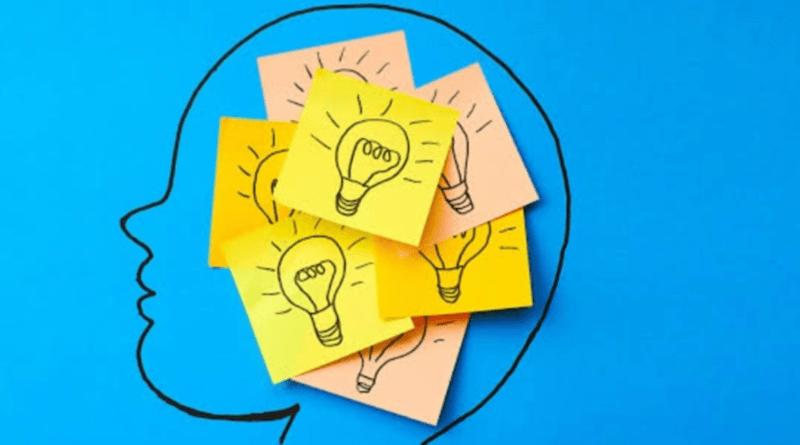Try Out The New : when you see How To Keep Up With The Memories That You Keep Forgetting On Regular Basis.
To help you enhance your memory, a neurologist and memory expert explain how memory actually functions.
According to neuroscience, forgetting names or your keys is typically not a symptom of a major memory problem. However, that doesn’t mean that these frequent forgetfulness errors aren’t bothersome or even harmful to your company.
Is there a way to lessen the amount of significant things you forget, short of going back in time by magic?
So-called memory athletes, who compete to achieve extraordinary feats like memorizing the order of a deck of cards in seconds, have plenty of advice to share if you’re learning a new subject or simply want to jam as much information as possible into your brain.
However, neuroscience can help with more commonplace problems like forgetting an essential business meeting or your anniversary.
In actuality, you possess two types of memories.
our memories are not like an album of pictures or a hard disk. Rather, what we typically perceive as a single skill is actually composed of two distinct skills, each with unique characteristics.
The hippocampus In your brain stores episodic memories, which are snapshots of certain periods in time. These memories are frequently connected to certain sentiments and sensory experiences. For this reason, listening to a hit song from your teenage years can evoke vivid, in-depth memories of those times. This explains why experiencing sadness right now frequently brings back memories of previous periods of sadness.
Your prefrontal cortex Is in charge of semantic memory, which is the other kind of memory.
It documents not discrete incidents but rather abilities or knowledge gained from prior experience.
Therefore, the prefrontal cortex may see a pattern in our memories of the various locations we’ve left our house keys and assist us in locating a misplaced set, even though the hippocampus may retain memories of those locations. Greater Good provides an example of how it might detect a trend of memory lapses and alert us to be more cautious going forward.
How to cement memories in your mind?
This is all fascinating neuroscience, but what does this mean in real life? knowing your memory might help you enhance It.
Don’t forget the fundamentals first. Not that you needed science to remind you that having too little sleep is bad for your memory. However, using mnemonic devices, such as the rhymes and acronyms we all used to learn the colors of the rainbow or the year Columbus first arrived in America as children, can help you remember things.
You can also improve your memory by realizing that specific sensory experiences are frequently associated with episodic memories. So if you want to take a trip down memory lane, turn on that ‘90s song or prepare your mom’s favorite recipe.
“Going to a new restaurant with your romantic partner will make the experience more memorable than going to a favorite hangout, where you often dine,” is because you’re more likely to remember something if it is associated with a novel, intense sensory experience.
Finally, you may assist your brain in converting events into memories in a number of ways provided you recognize that semantic memory is a distillation of numerous experiences. Repeatedly revisiting a memory helps solidify it in your mind, but be aware that this can also tarnish memories because memories change every time we think back on them. Speaking with people about memories can change them little, but it can transform isolated moments into a lesson .
By comprehending the process of memory formation, we may more effectively direct the act of storing and retrieving memories. Although I can’t promise you won’t misplace your keys, it ought to assist you in preserving the memories that are most significant to your life and career.




